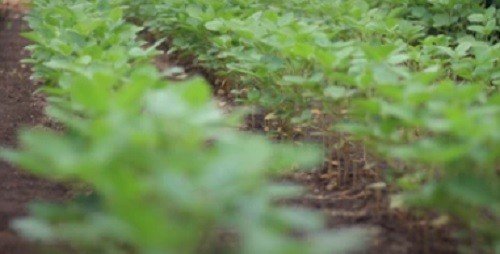CropIn partners with AGRA, BETA
10,626 entrepreneurial village-based advisors (VBAs) will be trained to reach three million farmers in Ghana, Nigeria, Burkina Faso, Mali, Tanzania and Mozambique
AI-driven agri-tech firm CropIn has partnered with Alliance for a Green Revolution in Africa (AGRA) to provide information and advisory services to African farmers through a digital platform to boost their productivity and income. CropIn and AGRA will select and train 10,626 entrepreneurial VBAs to reach three million farmers in Ghana, Nigeria, Burkina Faso, Mali, Tanzania and Mozambique.
According to a statement issued by CropIn, AGRA works with the governments, private sector companies and other organisations to bring knowledge and extension services to farmers through the use of self-employed village-based advisors (VBAs).
The company has also announced a strategic partnership with the Nigerian-based IT solution provider, BETA Computers. BETA Computers serve a variety of clients, from small to medium-sized companies to major multinational firms and help them achieve long-term, sustainable success for varied sectors of businesses.
10,626 entrepreneurial village-based advisors (VBAs) will be














